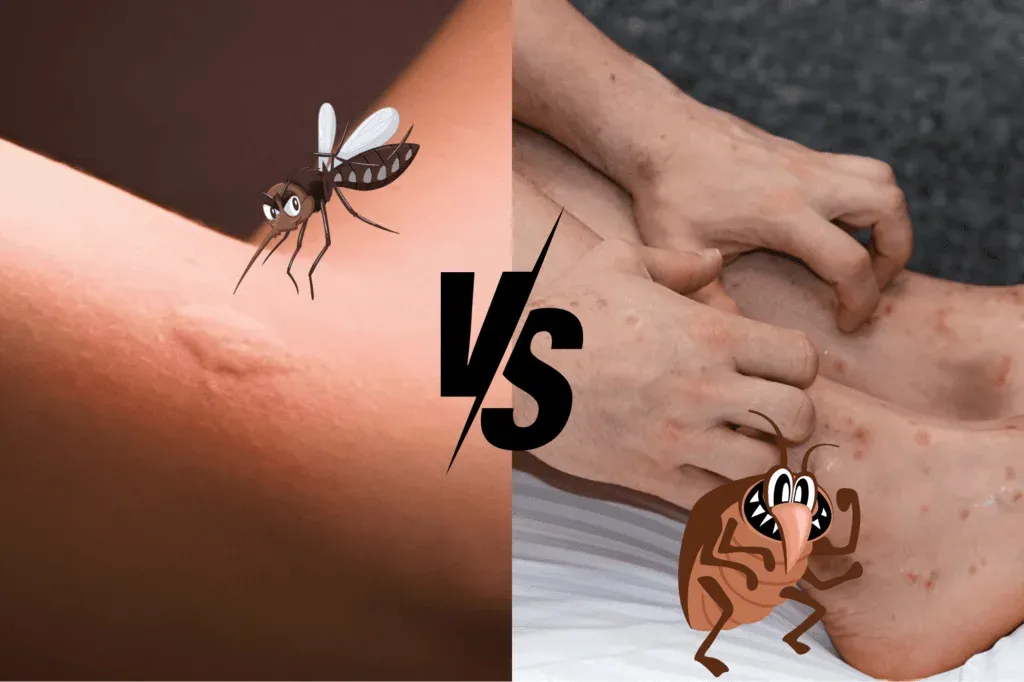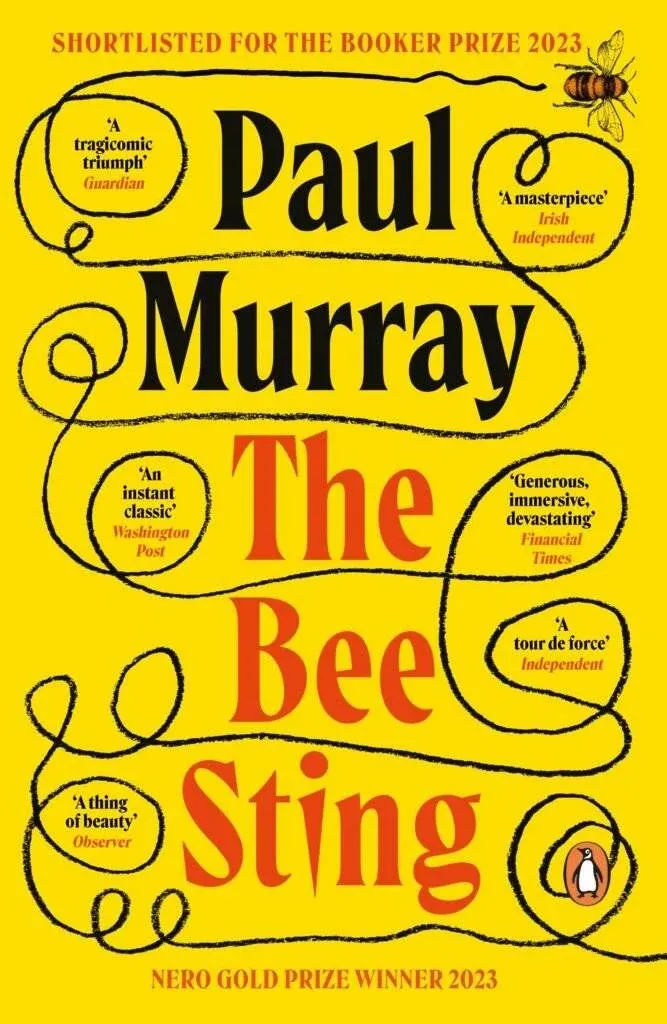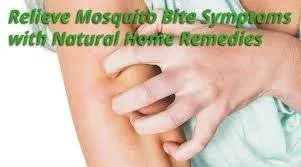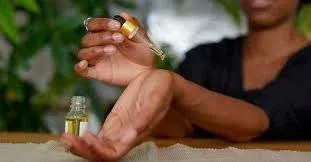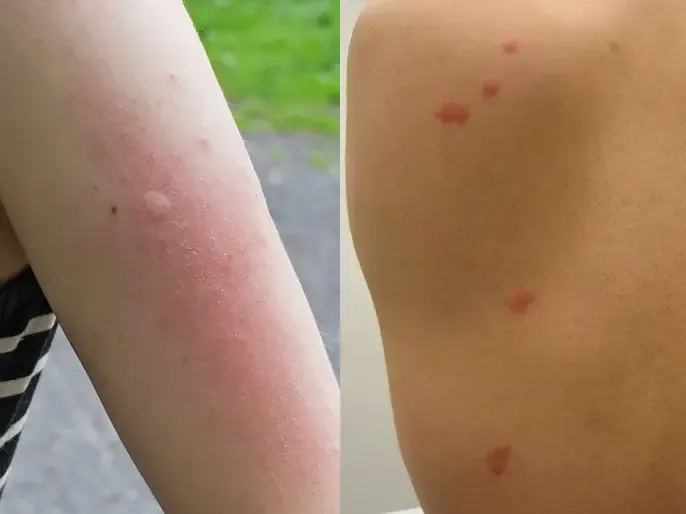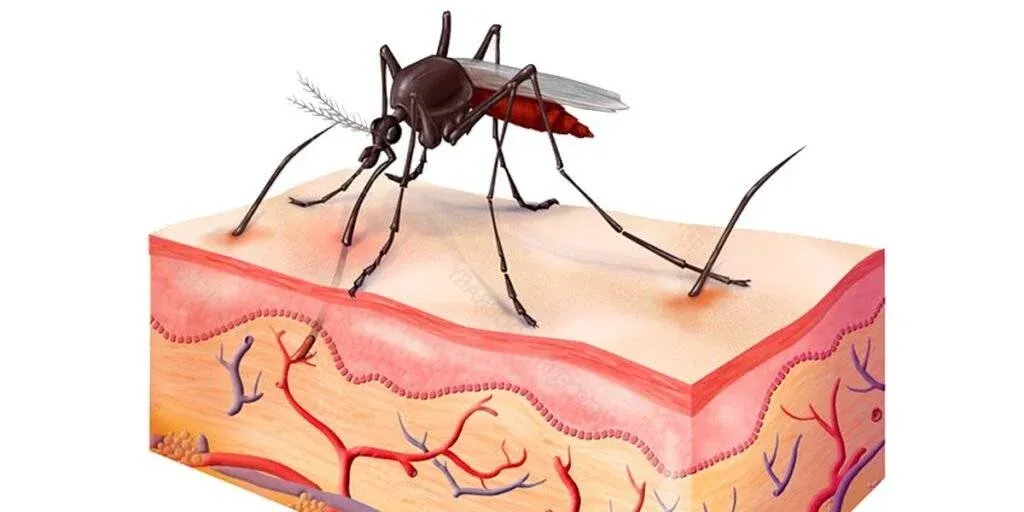Most mosquito bites cause mild itching and redness, but sometimes they can lead to small, fluid-filled blisters. These blisters can be painful, itchy, and prone to infection if scratched. Understanding the right mosquito bite blisters treatment is essential for fast healing and healthy skin recovery.
In this detailed guide, we’ll cover what causes these blisters, how to treat them naturally at home, and when to seek medical attention.
Why Do Mosquito Bite Blisters Form?
Mosquito bite blisters appear when the immune system reacts strongly to mosquito saliva. The skin releases histamines to protect itself, causing swelling, fluid buildup, and sometimes even blister formation.
Children and people with sensitive skin are more likely to develop these reactions. Knowing this helps in choosing the right mosquito bite blisters treatment that’s both gentle and effective.
Step 1: Clean the Area Gently
Before applying any treatment, always clean the affected skin. Use mild soap and lukewarm water to remove dirt, bacteria, or sweat. Avoid harsh scrubbing since that can break the blister and increase infection risk.
Once clean, pat the skin dry with a soft towel. This simple step is the foundation of every effective mosquito bite blisters treatment plan.
Step 2: Apply a Cold Compress
A cold compress helps reduce swelling, redness, and itching. Wrap a few ice cubes in a soft cloth and apply for 10 minutes at a time. Repeat several times a day as needed.
This helps calm the skin and prevents you from scratching — which is crucial when dealing with mosquito bite blisters.
Step 3: Natural Remedies for Blister Healing
Nature provides some of the best remedies for soothing and healing mosquito bite blisters. Let’s explore the most effective ones below.
Aloe Vera Gel
Aloe vera is well-known for its cooling and healing properties. It hydrates the skin, reduces inflammation, and prevents infection. Apply fresh aloe vera gel directly to the blistered area 2–3 times a day.
It’s one of the safest and most effective mosquito bite blisters treatments for both adults and kids.
Honey
Honey acts as a natural antibacterial and anti-inflammatory remedy. It prevents infection and speeds up healing. Apply a thin layer of organic honey to the bite and leave it for 15–20 minutes before rinsing off.
Its soothing texture also helps reduce the urge to scratch.
Tea Tree Oil (Diluted)
Tea tree oil helps dry out blisters and prevents bacterial growth. Mix one drop of tea tree oil with a teaspoon of coconut oil before applying. Use once daily for best results.
This natural oil is a key ingredient in many mosquito bite blisters treatment blends due to its antiseptic qualities.
Oatmeal Paste
An oatmeal paste calms irritated skin and relieves itching. Mix 2 tablespoons of ground oatmeal with water to form a paste. Apply it on the blistered area for 10 minutes before washing off with cool water.
Oatmeal also helps soothe surrounding redness and dryness.
Coconut Oil
Coconut oil moisturizes the skin and reduces inflammation. It forms a gentle barrier that prevents bacteria from entering the blister. Apply a small amount several times a day to promote natural healing.
Step 4: Prevent Infection
One of the biggest risks with mosquito bite blisters is infection caused by scratching or bursting them. Follow these simple precautions as part of your mosquito bite blisters treatment routine:
Avoid scratching or popping the blister.
Keep your nails short and clean.
Cover the area with a sterile bandage if your child tends to touch it.
Change dressings regularly to keep the area clean.
If you notice pus, increasing redness, or pain, it’s time to consult a doctor.
Step 5: Over the Counter Options
For stubborn or severe cases, over-the-counter remedies can speed up recovery:
Hydrocortisone cream (0.5%–1%) reduces inflammation and itching.
Antihistamine creams or oral tablets relieve allergic reactions.
Antibiotic ointments prevent bacterial infections if the blister has popped.
However, these should be used carefully, especially for children. Always read labels or consult your healthcare provider before use.
Step 6: Keep the Skin Hydrated
Dry skin slows healing, so keep the area moisturized. Use fragrance-free lotions or natural oils like jojoba or coconut oil. This helps the skin recover smoothly without scarring.
Hydration is often overlooked but plays a big role in successful mosquito bite blisters treatment.
When to See a Doctor
While most blisters heal within a week, you should seek medical help if you notice:
Severe swelling or pain
Pus, foul odor, or yellow fluid from the blister
Fever or chills
Spreading redness or streaks on the skin
These signs may indicate an infection or an allergic reaction that requires prescription treatment.
How to Prevent Mosquito Bites and Blisters
Prevention is the best form of treatment. Use these quick tips to reduce mosquito exposure:
Wear long sleeves and pants outdoors.
Use baby-safe or natural mosquito repellents.
Avoid outdoor activity during dusk and dawn.
Install window screens and use mosquito nets at night.
Taking preventive steps reduces the need for frequent mosquito bite blisters treatment in the future.
Final Thoughts
Mosquito bite blisters can be irritating, but with proper care, they heal quickly and safely. Natural remedies like aloe vera, honey, tea tree oil, and coconut oil can soothe the skin while reducing itching and inflammation. Combined with good hygiene and preventive habits, they form the perfect mosquito bite blisters treatment routine.
By treating your skin gently and avoiding harsh chemicals, you’ll not only heal faster but also prevent scars and infections keeping your skin healthy, smooth, and bite-free.

